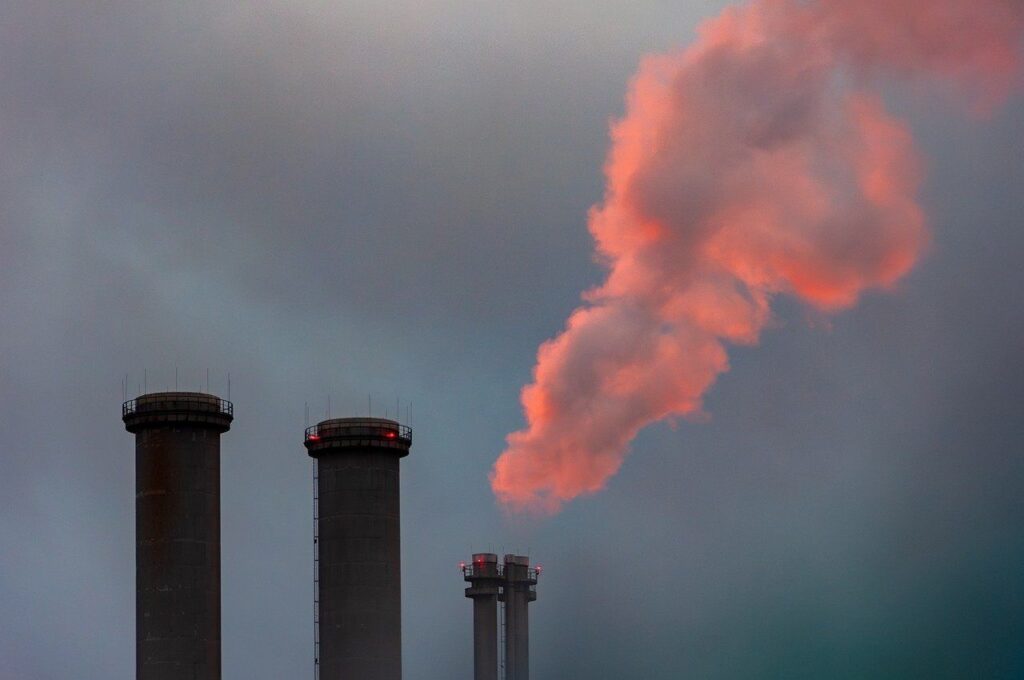
In Dec. 2024, Gulf Energy Development received the “AAA” ESG rating from the Stock Exchange of Thailand (SET) within the Resources group – praised for governance, risk systems and the commitment for environmental, social & governance standards. Meanwhile, the company also set ambitious goals: It would be carbon-neutral by 2050 and increase renewables to account for 40 % of its installed base by 2035.
Yet just beyond that shiny triple-A, questions don’t entirely vanish. Some are muddled, impossible to neatly dismiss. But researchers and market observers note that voluntary reporting (even when lengthy and detailed in places) can avoid proper outside scrutiny, especially in Thailand’s energy-heavy industries. Announcements of “savings” or future climate goals may look good on paper, yes, but more often than not that’s where they end up staying in terms of tangible benefits for the environment.
Gulf Energy Development has not been a stranger to ESG accolades. In fact it has been awarded ‘AAA’ for the seventh consecutive year by SET on the sustainable stocks segment. Companies will need to score 50 % or more in each of three dimensions (E, S, G), align with standards of governance set by the IOD and not record a significant ESG offence.
That mark brought cachet — but also great expectations. Once you’re in that club, the scrutiny does get more intense, and every project is looked over with a closer lens.
The national backdrop matters too. Thailand has declared carbon neutrality as a goal, even as the nation grapples with coal reliance and increasing energy consumption. The government went so far as to issue its first Sustainability-Linked Bond (SLB), valued at 30 bn baht (approx. USD865m) to signal intent on green finance.
Ambitious on paper. Yet the delivery is uneven: approvals drag, resistance builds at local level and tensions surface between energy security and environmental protection.
Competition is also intensifying. Solar parks, battery storage and cross-border renewable M&A are drawing in new entrants. That’s because Gulf is not just being compared with itself, but also with its regional peers.
It should be emphasised that in these cases the AAA ESG label is at the same time a shield and a target. Should performance not match promise, credibility is at risk — not only with Thai regulators, but with global ESG funds.
